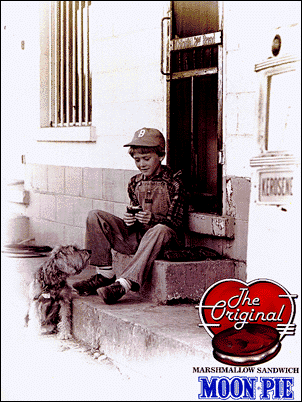In 1935, Jay Berwanger of the University of Chicago was awarded the first of what would become the Heisman Trophy by the Downtown Athletic Club for the country’s most outstanding college football player. Four years later, the university quit playing football, and voluntarily dropped out of the Big Ten conference. The Maroons and its quotable President Robert Maynard Hutchins (who said, “when I feel like exercising I just lie down until the feeling goes away.”) was (way) ahead of his time.
Fast forward several decades and the business of college football is bigger than ever. USA Today reported in July that the “Power Five” conferences, the ACC, Big 12, Big Ten, Pac-12 and SEC, will almost double the revenue from last year’s Bowl Championship Series. But college sports, especially football, has been a big business for a long time. As early as 1929, the Carnegie Foundation published a 350-page report, after a 3 year study of more than 100 programs, and concluded that the two fundamental problems with college athletics were commercialism and what it described as a negligent attitude toward the education for which colleges and universities exist. (5 years ago Duke University economist and professor Charles Clotfelter wrote a nice op-ed post on the report and how much remains the same – which I assume is only amplified in his 2011 book Big-Time Sports in American Universities).
But while the commercialism of college football continues to climb, there are cracks appearing in its foundation. It remains to be seen what effect the College Football Playoff will have on the non-Power Five conference programs. If the financial stakes were not high enough already, the playoff system guarantees they will rise in the short-term.
The studies of head injuries from football, and the lawsuits sure to follow, are only just beginning. The issue of paying players, either as employees, contractors, or allowing them to receive compensation for their own likenesses or marketability will not go away. Performance enhancing drugs, disciplining athletes engaged in illegal conduct, recruiting violations, etc. will continue as the largest athletic departments overshadow the universities they represent.
Not only was Jay Berwanger the first Heisman Trophy winner, he was also the first player ever selected by in the NFL draft, but maybe more interestingly, refused an NFL contract. When the Chicago Bears’ owner and coach George Halas rejected Berwanger’s demand for $25,000 over two years, he took his college degree, and after a stint in the service during World War II, went onto become a successful business man.
And the University of Chicago, despite missing out on Big Ten football fame and fortune, has somehow managed to survive.











